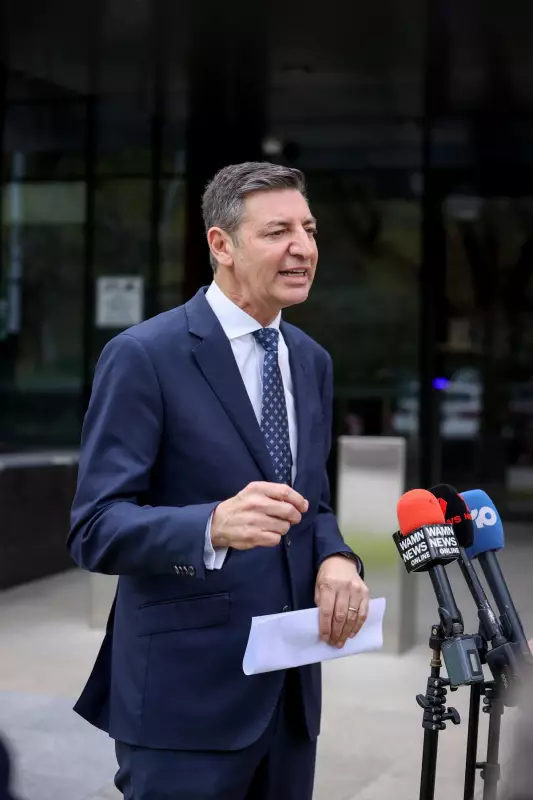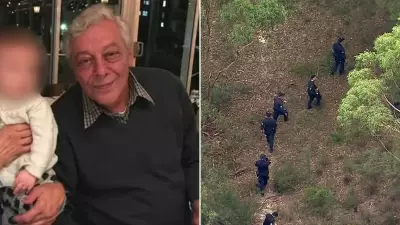
The political landscape within Australia's Liberal Party has taken another dramatic turn as relations between former deputy leader Sussan Ley and her parliamentary colleagues continue to deteriorate. According to political commentator Joe Spagnolo, the situation has reached a critical point that could have significant implications for the party's future direction.
The Unraveling of Political Alliances
Spagnolo's analysis reveals that the relationship between Sussan Ley and her Liberal counterparts has become increasingly strained in recent months. What was once a position of significant influence has transformed into a more complicated dynamic, with the former deputy leader now navigating choppy political waters within her own party.
The tension appears to stem from multiple factors, including shifting power structures and evolving political strategies within the Liberal ranks. As the political wheel continues to turn, Ley finds herself in a markedly different position than during her tenure as deputy leader, requiring careful navigation of the party's internal politics.
Historical Context and Current Realities
Spagnolo's commentary highlights the significant transformation in Ley's political standing. Having previously served as the second-most powerful figure in the Liberal Party, her current circumstances represent a substantial shift in fortune and influence.
The analysis suggests that these changing dynamics reflect broader patterns in Australian politics, where allegiances can shift rapidly and yesterday's allies can become today's political challenges. This phenomenon isn't unique to Ley's situation but represents a recurring theme in the often-turbulent world of political leadership.
What makes this particular situation noteworthy, according to Spagnolo, is the public nature of the tensions and their potential impact on the Liberal Party's cohesion and public image. As one of the party's most recognizable figures, any friction involving Ley inevitably attracts media attention and public scrutiny.
Broader Implications for Australian Politics
The ongoing tensions within the Liberal Party leadership circles come at a crucial time for Australian politics. With numerous challenges facing the nation, from economic pressures to environmental concerns, internal party unity becomes increasingly important for effective governance and opposition.
Spagnolo's analysis suggests that these internal dynamics could influence the Liberal Party's approach to key policy areas and its overall political strategy. The way the party manages these relationships may well determine its effectiveness in holding the government to account and presenting a united alternative to voters.
Furthermore, the situation raises questions about the future direction of the Liberal Party and how it will position itself on various issues that matter to Australians. The resolution—or escalation—of these internal tensions could have lasting consequences for the country's political landscape.
As the political drama continues to unfold, observers will be watching closely to see how both Sussan Ley and the broader Liberal Party navigate these challenging waters. The outcome may well set the tone for Australian politics in the coming months and potentially influence the next federal election campaign.






